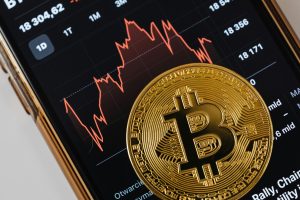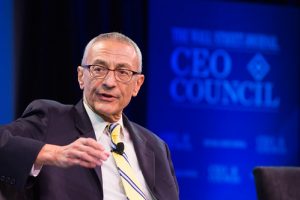Ukraine war: Volodymyr Zelenskyy criticises Kyiv mayor Vitali Klitschko in rare sign of discontent
Volodymyr Zelenskyy has criticised the mayor of Kyiv over the provision of emergency shelters, in a sign of discontent rarely seen between Ukrainian leaders since the start of Russia’s invasion.
The president indicated that Vitali Klitschko, the boxing legend turned politician, had not done enough to help the capital’s residents cope with Moscow’s most devastating strikes of the war.
Putin’s warning for Russian mothers – live war updates
Most regions across Ukraine have been impacted by blackouts this week, and while the six million people currently affected is down from a peak of 12 million a few days ago, Mr Zelenskyy said “the biggest problems” were in Kyiv.
“Unfortunately, local authorities have not performed well in all cities,” he said in his nightly video address.
“In particular, there are a lot of complaints in Kyiv. To put it mildly, more work is needed.”
Mr Zelenskyy said that many of the city’s residents had been without power “for 20 or even 30 hours”, and called for “more support” and “quality work” from the mayor’s office.
Read more:
Striking satellite image shows Ukraine’s power shortage
Ukraine’s ‘invincibility centres’
In the wake of Russia‘s aerial bombardment on its neighbour’s energy infrastructure, an apparent cynical attempt to inflict maximum damage as winter looms, Ukraine has been setting up “invincibility centres”.
These are emergency shelters where people can access heat, water, internet, and mobile phone service.
More than 4,000 have been set up so far, but – according to Mr Zelenskyy – not enough in Kyiv.
Mr Klitschko, a key face of Ukrainian resistance since Vladimir Putin‘s full-scale invasion began in February, has not responded to his president’s criticism.
Meanwhile, the national power grid operator Ukrenergo said its engineers are “working around the clock” to restore energy supplies, but 30% are still out despite the reconnection of Ukraine’s four nuclear power plants.
Three are in Ukrainian-held territory and one is in Russian-controlled Zaporizhzhia. They were all back online late on Friday after attacks forced them to shut for the first time in 40 years.
Read more:
The role of Crimea in war for Ukraine
Putin shows no sign of backing down
The Kremlin has claimed that the attacks on Ukraine’s basic infrastructure are militarily legitimate, just as it’s tried to justify the actions of its forces throughout the war.
In a meeting with the mothers of Russian servicemen on Friday, Mr Putin again defended the invasion.
“Russia is first and foremost about people, their culture, their traditions, their history, which is passed down from generation to generation and absorbed with mother’s milk,” he said.
“The main guarantee of our success is our unity.”
While Mr Putin was having tea, his Ukrainian counterpart went to the town of Vyshhorodm, slightly north of Kyiv, to observe damage to buildings and one of the new emergency centres.
Earlier, the president met with UK Foreign Secretary James Cleverly, who pledged continued British support and condemned Russia’s “brutal attacks”.
Read more:
Sunak turns tough talk into action with Kyiv visit
Subscribe to Ukraine War Diaries wherever you get your podcasts
It comes ahead of Ukraine marking the 90th anniversary of the Holodomor famine, which the country recognises as a genocide against its people by Soviet leader Joseph Stalin.
Historians dispute whether the famine, which killed millions of Ukrainians, was a purposefully orchestrated bid to eradicate an independence movement, or a botched nationalisation policy.
It saw Stalin order police to seize grain, livestock and seed from Ukrainian farms.
Mr Cleverly used his visit to Kyiv to accuse Mr Putin of a similar attempt to starve Ukraine’s people.




